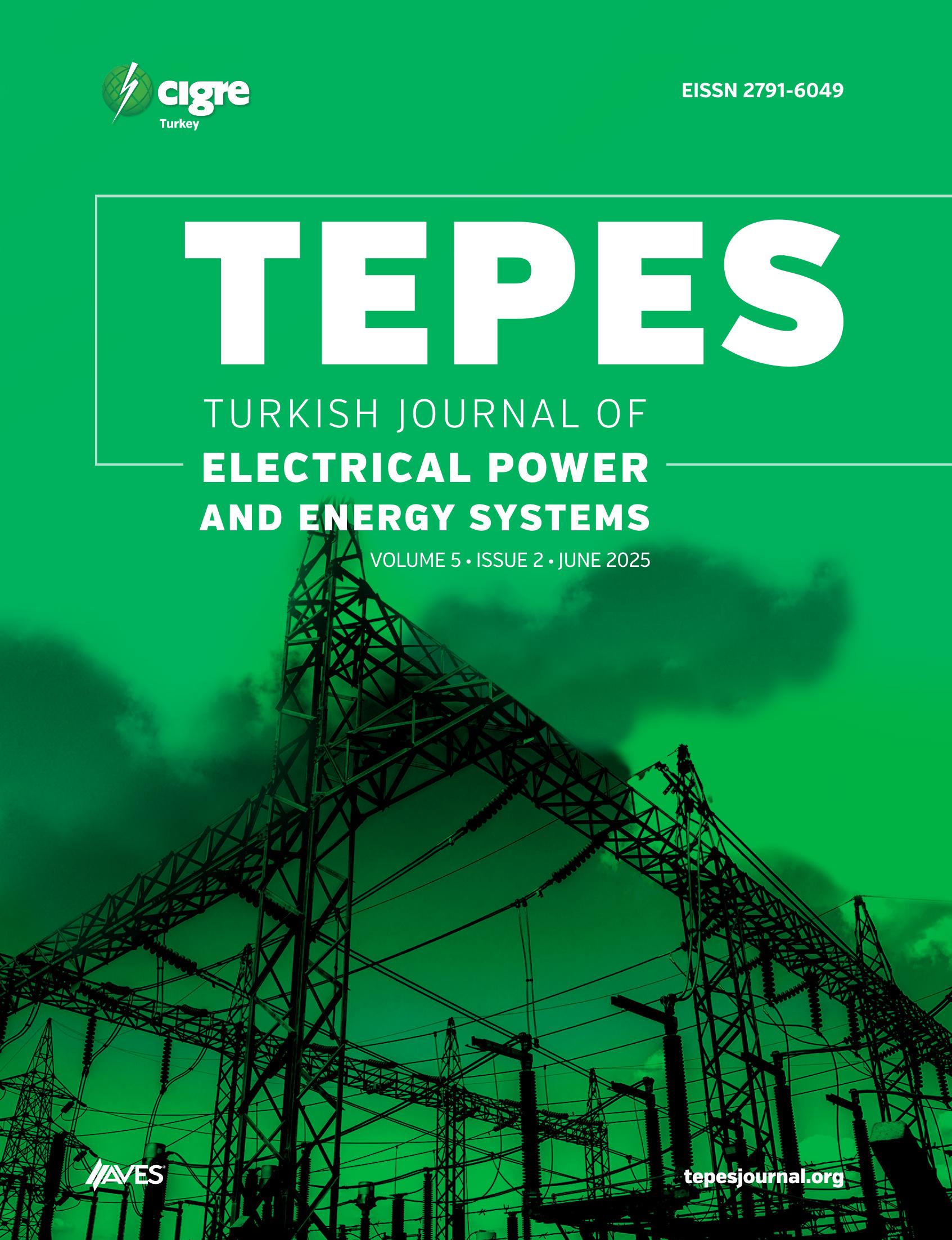This paper explores the complex interactions that exist between national ancillary service markets and local flexibility in Türkiye’s changing power landscape. The significance of grid flexibility is escalating, especially with the country’s transition from a predictable energy generation model to one predominantly fueled by intermittent renewable sources, coupled with the imminent integration of nuclear power. Ancillary services, encompassing functions such as frequency control, voltage regulation, and system restart, play a pivotal role in upholding grid stability. The study particularly underscores the significance of frequencyrelated ancillary services in preserving grid equilibrium. Moreover, it emphasizes how important electricity distribution businesses are as major players in improving grid stability. These businesses can actively participate in ancillary service markets and support grid stability by utilizing local flexibility solutions like distributed generation, energy storage, and demand response. This benefits the grid as well as consumers. The central objective of the study is to explore the synergies between local flexibility solutions and national ancillary markets. A case study is employed to evaluate the potential benefits and profitability associated with the integration of these components for an electrical distribution company. A combination solution utilizing solar panels, battery storage systems, electric vehicle charging infrastructure, and a natural gas turbine within the gearbox company’s network is the subject of a case study that is presented. The concept of local flexibility and its mutually beneficial relationship with the national auxiliary service markets are also clarified in the study. The findings demonstrate the potential profitability and advantages of battery storage for the national energy grid. A substantial increase in prices for Frequency Restoration Reserve is imperative to render the natural gas turbine economically sustainable.
Cite this article as: H. H. Çoban, “Interaction of local flexibility with national ancillary services markets: paving the way for Türkiye’s sustainable grid,” Turk J Electr Power Energy Syst., 2024; 4(2), 74-83.








